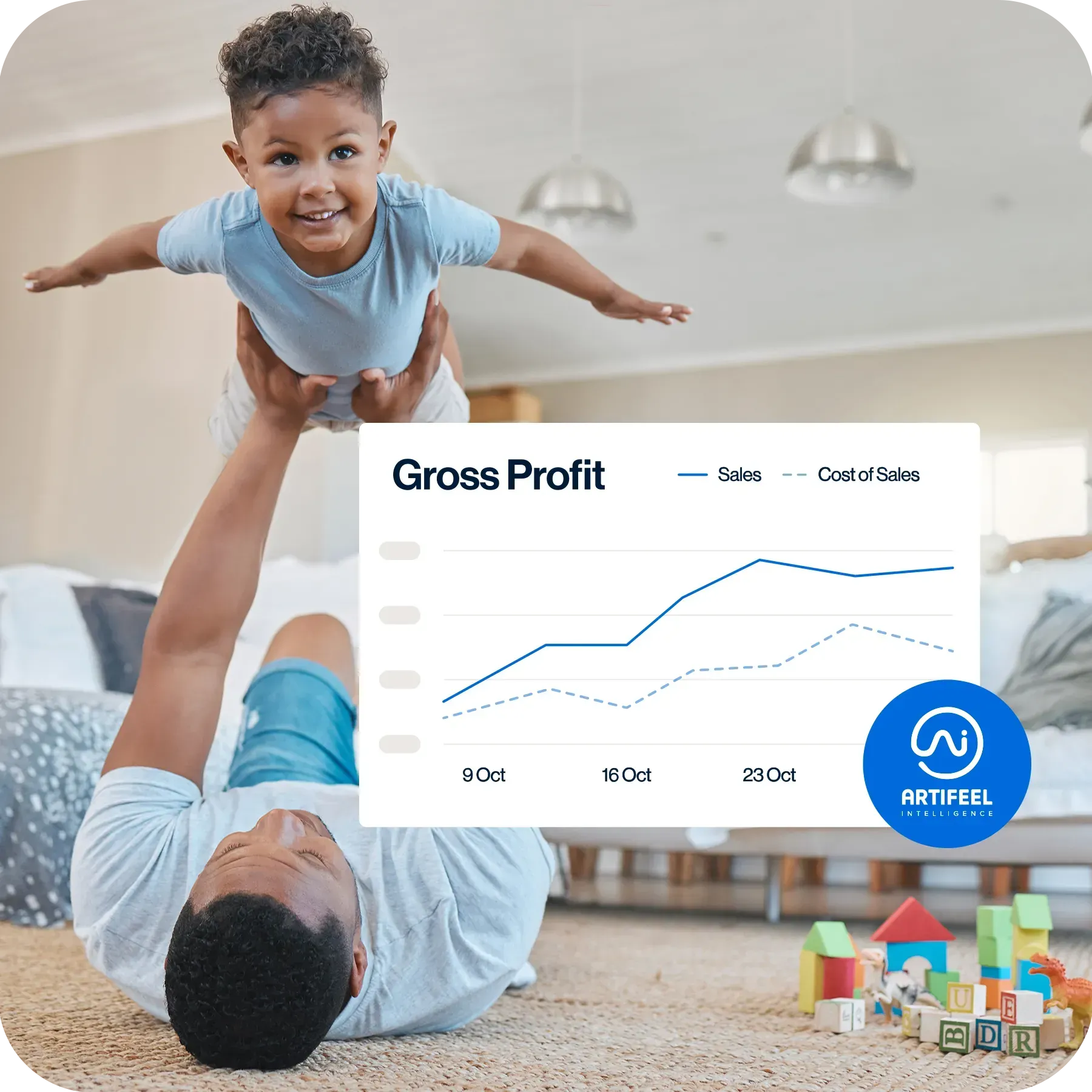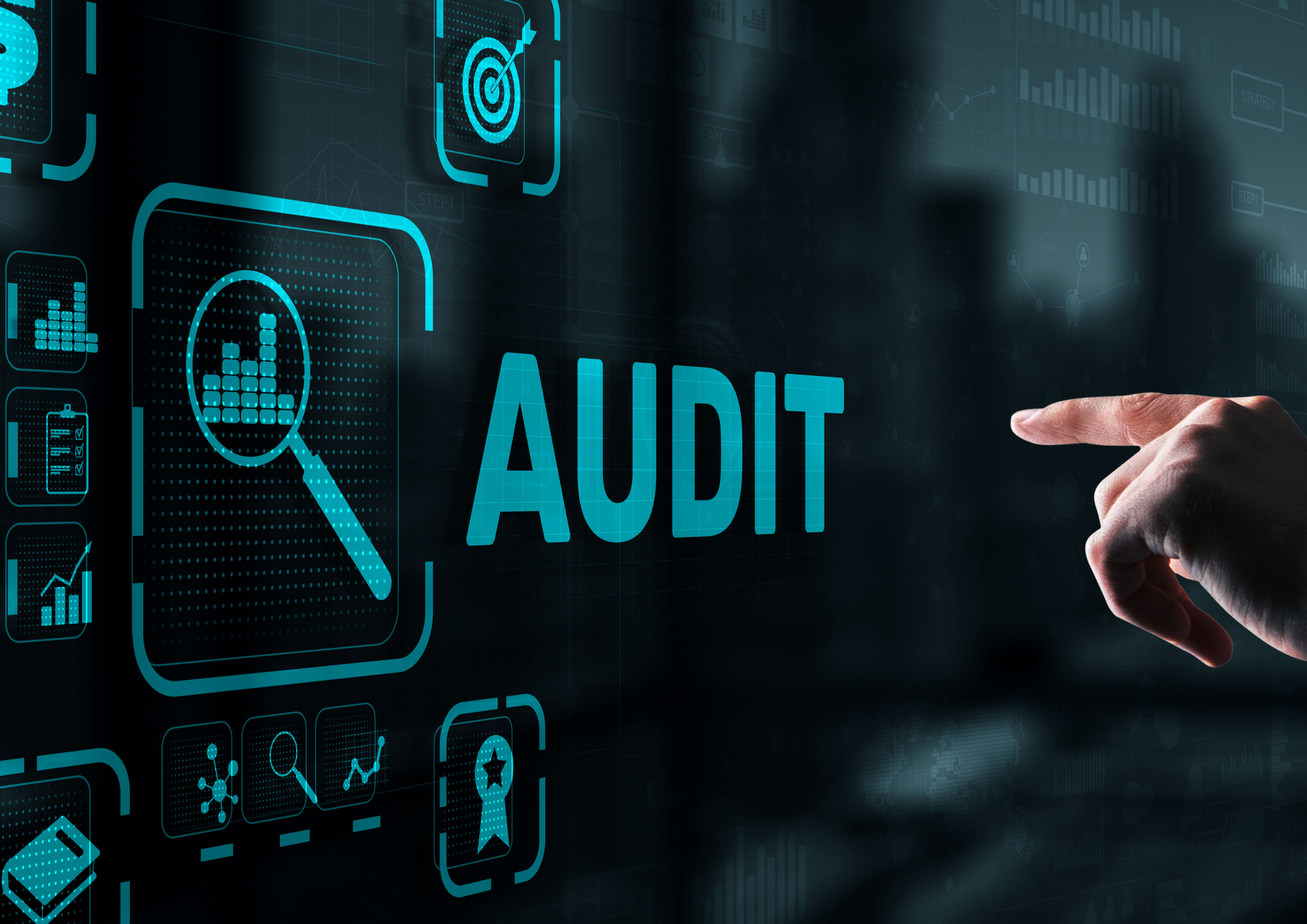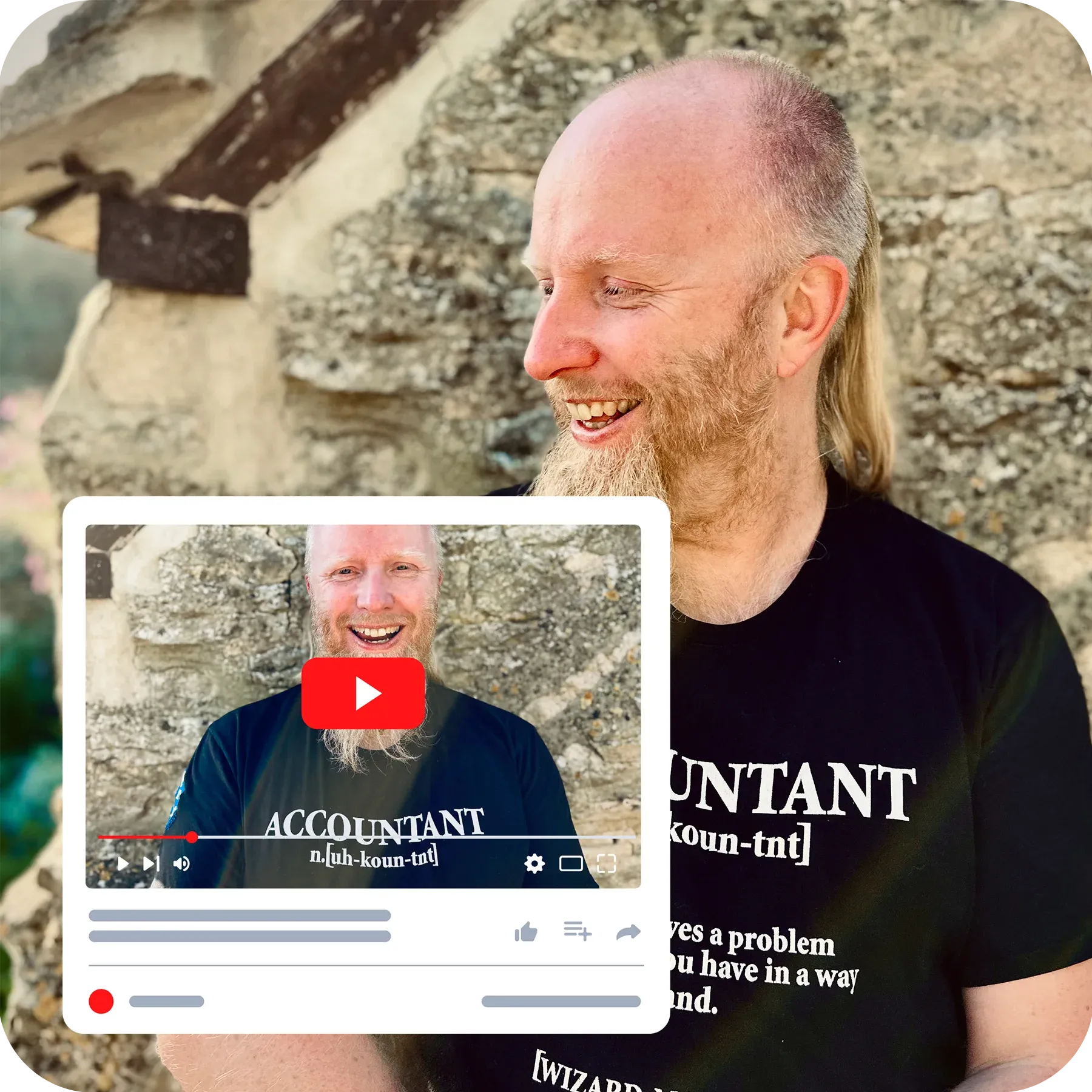By Pat van Aalst
•
January 24, 2026
What you need to know about compliance Preparing for an audit is rarely anyone’s favourite task, but it is part of running a resilient and well-managed business. With HM Revenue & Customs under continued pressure to close the tax gap, audits and compliance checks are not going away. In 2024/25 alone, HMRC completed around 316,000 compliance checks and continues to invest heavily in new staff and data-led technology. Against this backdrop, business owners should expect ongoing scrutiny — not because they’ve done anything wrong, but because HMRC’s approach is increasingly proactive and risk-based. This guide explains what a “business audit” means in practice, how the current compliance environment affects you, and what you can do to ensure any audit or review runs as smoothly as possible. Why audits and compliance matter in 2025/26 Recent government data shows that small businesses now account for the largest share of the tax gap by customer group — around 60% in 2023/24. Common causes include simple errors, poor record keeping and failure to take reasonable care. HMRC’s response has been twofold: Preventative measures , such as nudges, education and early interventions Traditional inquiries , backed by better data matching and analytics Preventative compliance now accounts for around 41% of HMRC’s compliance yield, up from 29% in 2020/21. Overall compliance yield reached an estimated £48bn in 2024/25, with every £1 spent on compliance generating around £23 for the Exchequer. For business owners, this reinforces the value of strong internal controls, good governance and up-to-date accounting and tax records. What we mean by a “business audit” Clients often use the word “audit” to describe any in-depth review of their figures, but there are several distinct processes. Statutory financial audit A regulated review of annual accounts under the Companies Act . Auditors assess whether the accounts give a true and fair view and comply with UK GAAP or IFRS. HMRC compliance check or tax inquiry A review of one or more taxes — such as corporation tax, VAT, PAYE or R&D relief. HMRC may request explanations, records and supporting documents and can amend returns if errors are identified. Other audits and reviews Lenders, investors, regulators or group parents may request reviews ranging from agreed-upon procedures to a full internal audit. This article focuses on statutory audits and HMRC compliance checks, as these affect most companies. Who needs a statutory audit? For financial years beginning on or after 6 April 2025, a private limited company may qualify for audit exemption if it meets at least two of the following: Turnover of no more than £15m Assets of no more than £7.5m 50 or fewer employees Even where these thresholds are met, an audit is still required if the company is, for example, a public company, part of a non-qualifying group, carries out regulated activities, or has shares traded on a regulated market. An audit may also be requested by shareholders holding at least 10% of shares, or required by lenders or potential buyers as part of due diligence. HMRC compliance checks and tax inquiries HMRC compliance checks are now a routine feature of the tax system. In 2024/25, HMRC completed around 316,000 checks across all customer groups. Key points include: The overall tax gap for 2023/24 was £46.8bn (5.3%) Corporation tax now accounts for around 40% of the tax gap by tax type HMRC reviewed nearly 16% of R&D tax relief claims in 2023/24 HMRC uses data analytics and third-party information to identify inconsistencies, such as: Dividends that appear high compared to profits VAT returns that don’t align with accounts or sector norms PAYE or CIS data suggesting employment status risks Large or unusual relief claims A compliance check does not automatically imply wrongdoing, but it does require careful handling. Getting audit-ready: practical steps Whether you’re facing a statutory audit or a potential HMRC inquiry, preparation makes a real difference. Key habits include: Keeping complete and timely digital records Reconciling bank, VAT, PAYE and control accounts regularly Documenting key judgments and estimates Reviewing director remuneration and dividends carefully Maintaining clear tax working papers and computations These steps reduce disruption, speed up reviews and minimise the risk of misunderstandings. What to expect during an audit or HMRC check A statutory audit usually follows a clear process: planning, information requests, testing, discussion of findings and final reporting. An HMRC compliance check typically starts with a letter outlining the scope, information required and response deadlines. HMRC may review specific aspects or carry out a full inquiry. Responding promptly, providing clear evidence and keeping detailed records of correspondence all help keep the process under control. The 2025/26 tax year brings relatively stable rules but rising scrutiny. While audit exemption thresholds have increased, HMRC’s focus on the tax gap means more attention on small and mid-sized businesses. You can’t eliminate the chance of an audit or inquiry, but you can control how prepared you are. Consistent records, clear documentation and regular reviews put you in a strong position if questions arise. Preparing for an audit? We can help.







